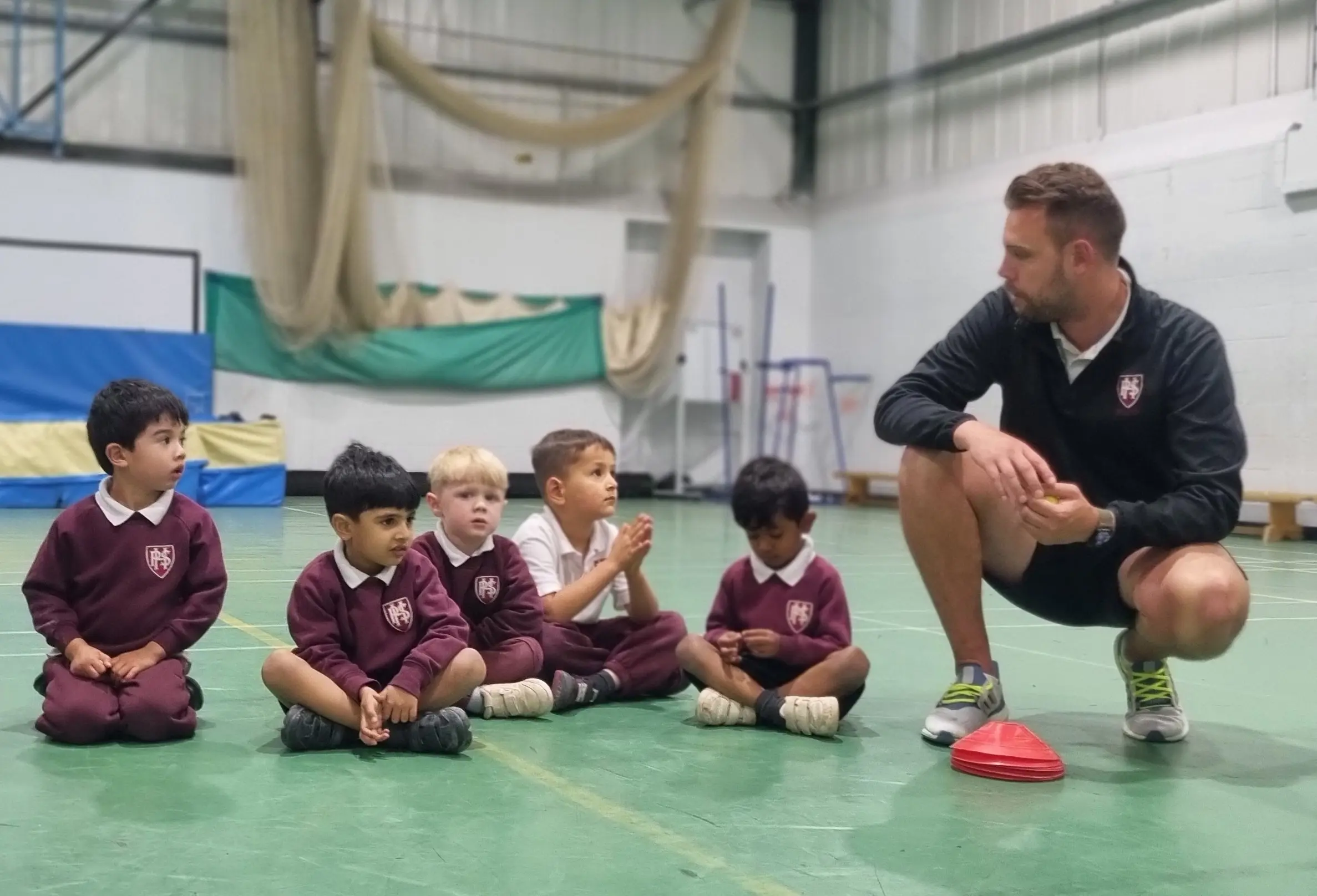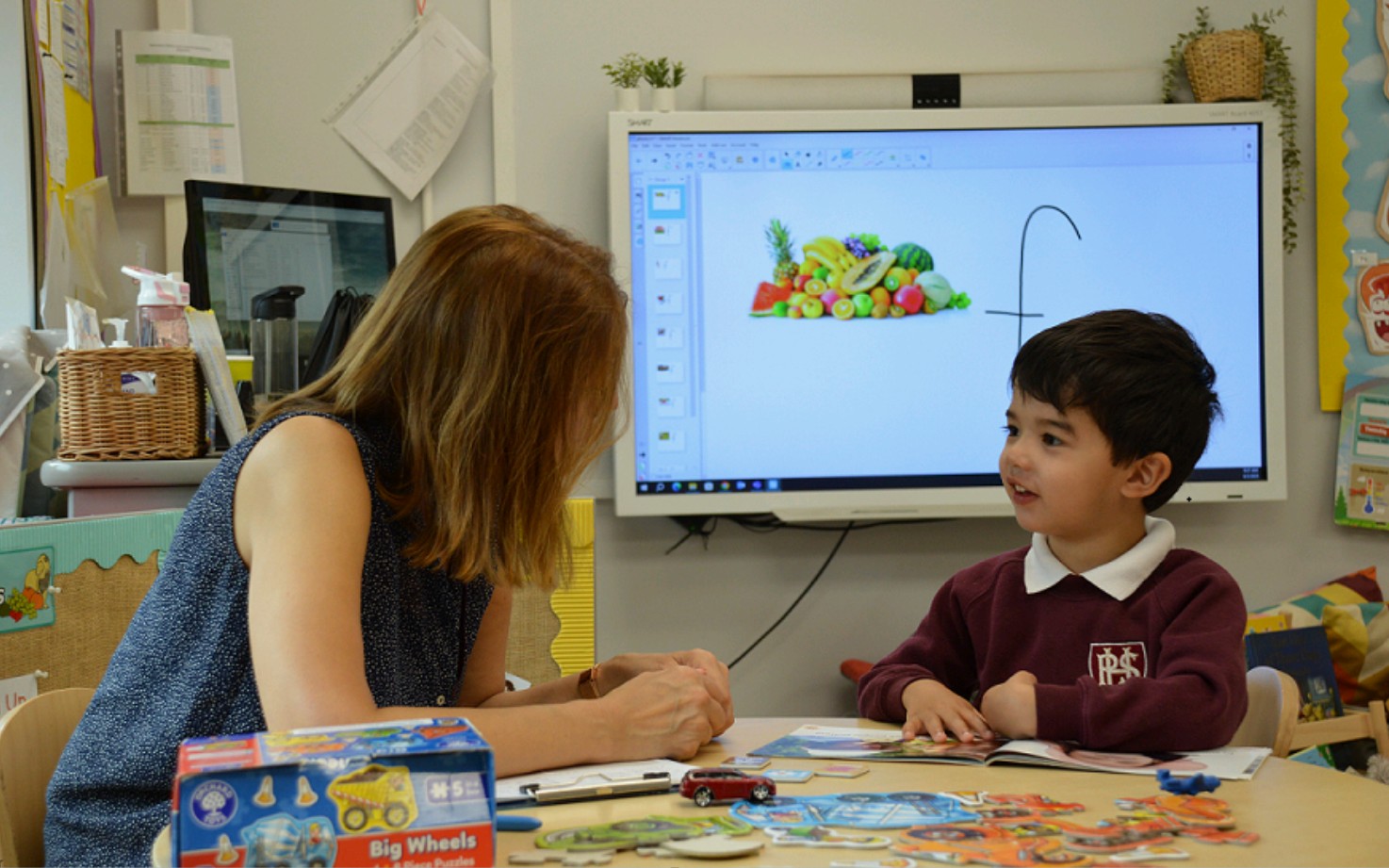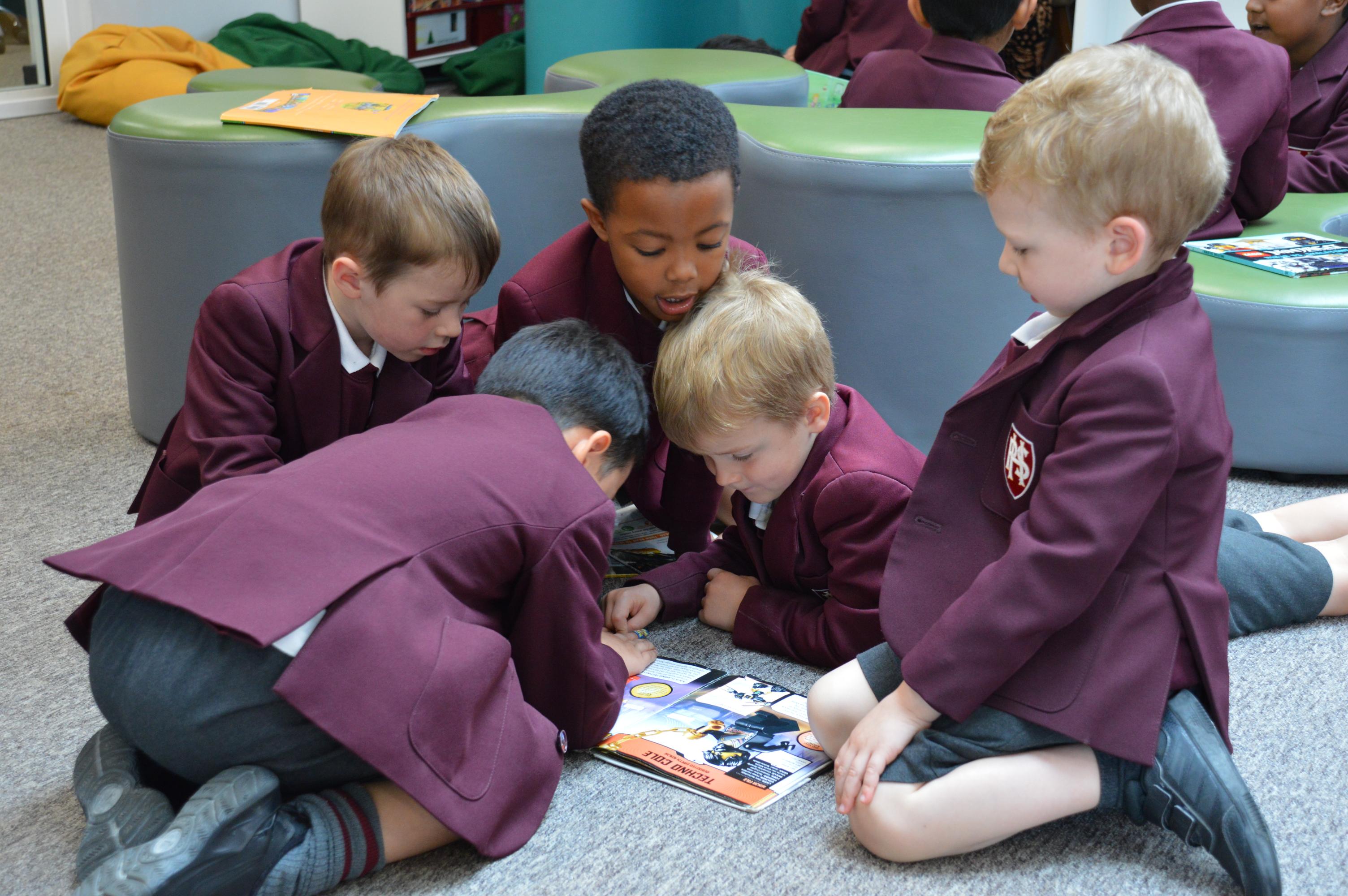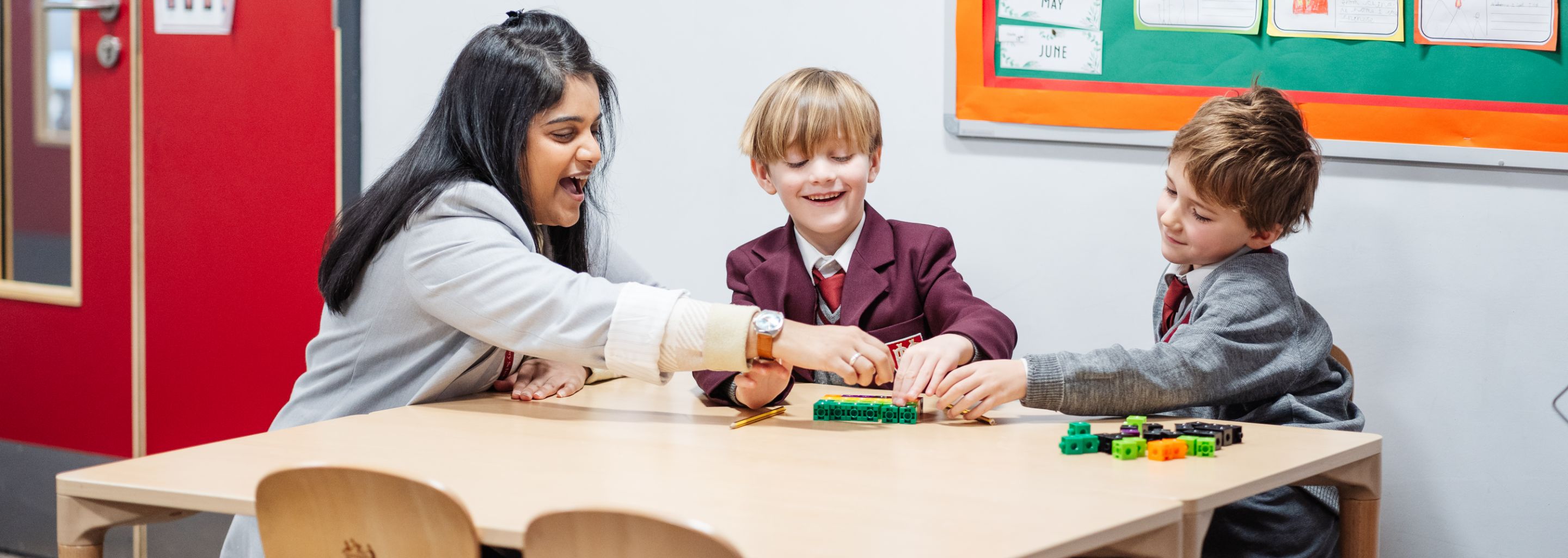FAQs
Homefield Prep welcomes boys to join our Nursery from the age of 3.
| What age does the nursery provide for? |
|---|
|
Homefield Prep welcomes boys to join our Nursery from the age of 3. |
| What requirements are needed to attend? |
| A home visit will be arranged to meet your son in his own environment, giving you the opportunity to discuss his needs. We ask that boys are toilet trained, or beginning to manage using the toilet independently. We know accidents can happen and will always support children sensitively. |
| Is the Nursery term time only or all year round? |
| Our Nursery follows our standard school term dates. |
| What hours are provided for? |
| The Nursery day operates from 8.00am to 3.45pm. |
| Can Nursery boys access after school provision? |
| Nursery boys have access to our after-school club provision (Orchard Childcare), which offers snacks and play-based activities until 6pm. |
| Do Nursery boys need to be assessed for Reception? |
| No, boys in our Nursery are normally offered a place in Reception as part of the natural transition. |
| Can Nursery boys access clubs? |
| Due to their young age, Nursery boys are not able to access after school clubs (except Orchard Childcare), or use the ‘stop and drop’ in the morning. |
| What is the staff-to-child ratio? |
|
Our staffing ratio is 1:13. |
| Are childcare vouchers accepted? |
| Our Nursery accepts government childcare vouchers; however, these can only be used to offset the cost of sessions for boys staying full time, five days per week. |
| Is there a minimum number of sessions to be booked? |
| Boy's can attend for a minimum of 3 full days. |
| How will my son’s learning be recorded? |
| Nursery staff document evidence of learning in a physical learning journal. Parents have multiple opportunities during the year to visit the Nursery and review their son’s learning journey. At the end of the year, boys are able to take their learning journal home, providing a wonderful record of their progress and achievements over the year. |

Children in the early years are provided with numerous opportunities to develop their social skills. They build social awareness through cooperative play, the creation of games, and by assisting one another in structured activities
ISI Inspection Report - 2024









